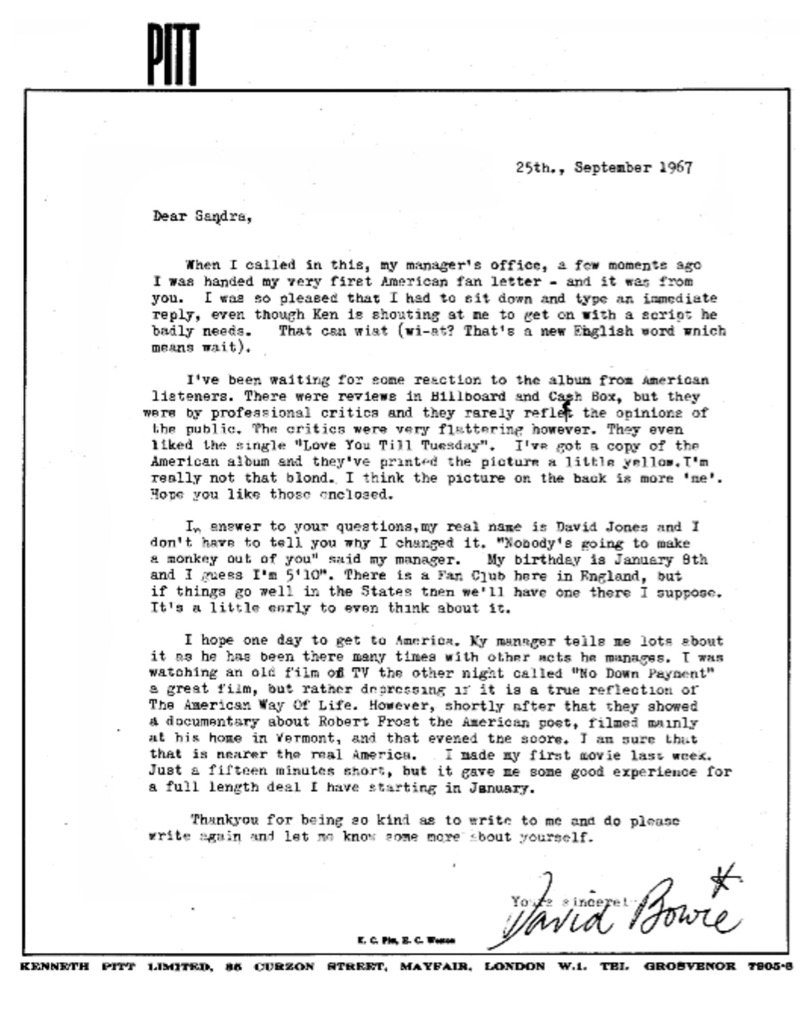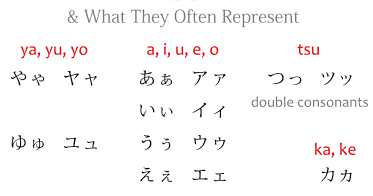

Compare, for example, Russian моё mojo ("my" neuter nominative and accusative singular) and Polish/ Czech/ Slovak/ Serbo-Croatian/ Slovenian moje. In modern Russian, the reflex of Common Slavonic /e/ under stress and following a palatalized consonant but not preceding a palatalized consonant is /o/. Unstressed ⟨ё⟩ appears only in rare loanwords, in compound words (in this case it may be considered to have secondary stress most notably, ⟨ё⟩ occurs in words containing the parts трёх- 'three-' and четырёх- 'four-'), in derivatives of the name of the letter ⟨ё⟩ itself ( ёфика́тор - yoficator), in loanwords ( кёнигсбе́ргский - adjective from Königsberg, сёрфинги́ст from surfing - surfer, сёдзё - shōjo, гёмбёц - gömböc). It alternates with ⟨е⟩, written in non-stressed positions. ⟨Ё⟩ represents the phoneme /o/ after /j/ or a soft consonant (or occasionally after ⟨ж⟩, ⟨ш⟩), and it should always be stressed. In the dictionary, ёж (hedgehog) comes after едо́к (the one who eats) and before е́здить (to ride). The letter Yo or Jo is the seventh letter of the alphabet, but although it indicates a distinct sound from Ye, it is often treated as the same letter for alphabetisation and sorting. Princess Yekaterina Dashkova proposed the creation of ё Yo occurs as a discrete letter in the Cyrillic alphabets of Belarusian, Rusyn, Mongolian and many Caucasian and Turkic languages. Yo was first used in Russian, but its status in that language is now ambiguous. In Russian, it is pronounced, with an vowel similar to b ird in New Zealand or South African English see palatalization for some background. No /j/ sound occurs between the consonant and the vowel in this case.Įxact pronunciation of the vowel sound of ⟨ё⟩ can vary because of allophony in Slavic languages.

The letter ⟨ё⟩ also indicates the phoneme /o/ together with palatalization of the preceding consonant (if it is possible). The same applies if any of ⟨ ъ⟩, ⟨ ь⟩ precede ⟨ё⟩.
/custom-printable-block-letters-for-scrapbooking-2961381-ADD-FINAL-c6aa48b8bb734eebb5a12a490d6697ed.png)
In initial or post-vocalic position, it represents the sounds /jo/, like in ' York'. In Russian, unstressed ⟨ё⟩ occurs only in compound numerals and a few derived terms, wherein it is considered an exception. The letter ⟨ё⟩ is a stressed syllable in the overwhelming majority of Russian and Belarusian words. Other languages may have subtle differences. Pronunciation This section describes the pronunciation in Russian and Belarusian.



 0 kommentar(er)
0 kommentar(er)
